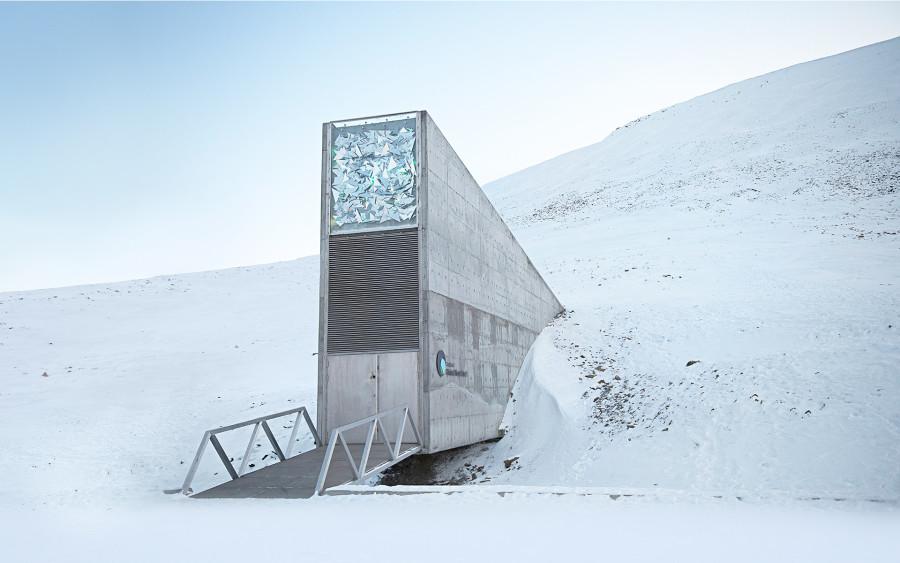The “Doomsday Vault” Opened
October 25, 2015
Last week, the Svalbard Global Seed Vault had to be used for the first time in the wake of Syria’s civil war. Svalbard, an island owned by Norway in the Arctic Ocean, contains one of humanity’s last hopes in the event of an international disaster: A seed bank. Situated in the side of a mountain, the vault houses nearly 850,000 samples of 4,000 different species, which is nearly every known crop in the world.
However, the seeds withdrawn are not going to be used for the purpose of food. Scientists at a gene bank in the Syrian city of Aleppo have been conducting important research on developing crops resistant to potential disasters such as climate change and drought. However, the war has stunted their research in recent years, and the gene bank has begun an effort to relocate their facilities to neighboring Lebanon. In the past, the gene bank has made huge contributions to the Global Seed Vault by donating thousands of samples of their own seeds. Now, with their own bank in danger, ICARDA (International Center for Agricultural Research in the Dry Areas), have had to take some of their seeds back to jumpstart their new facility in Lebanon. “It’s a shame they have to take from the vault, but at least it’s for a good cause” said WHHS junior Jacob Rantas. For now, it is unclear whether the relocation will be a complete success. Hopefully, the scientists will be able to continue their research into protecting humanity against a worldwide natural disaster.






